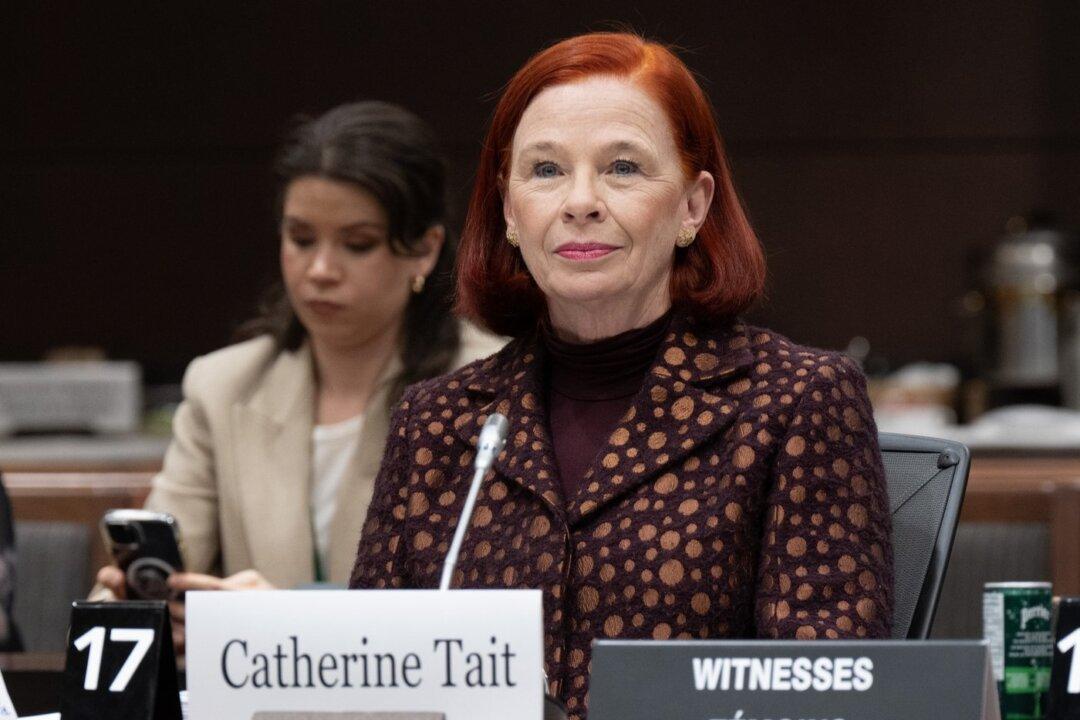The federal Liberal government is denying that it told CBC/Radio-Canada to cut its budget by 3.3 percent, despite executives with the public broadcaster insisting that’s part of the reason they’re laying off 10 percent of their workforce.
The Treasury Board, which oversees spending in the federal budget, said that no such directive was given to the public broadcaster.





